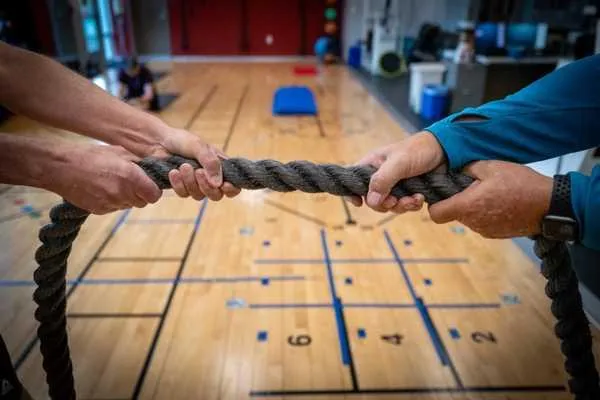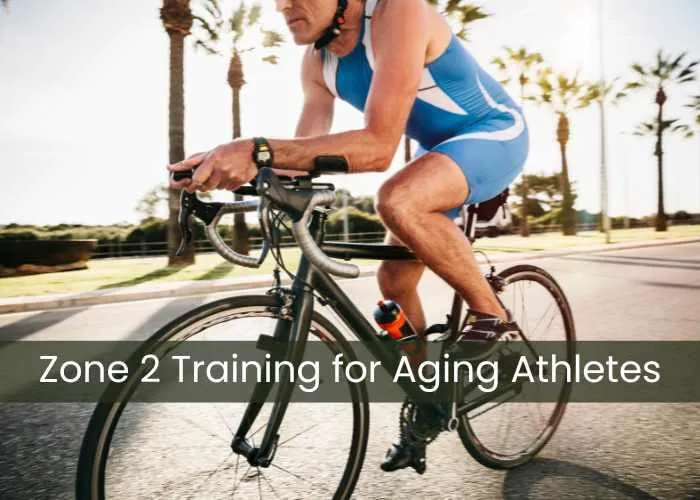

CURRENT ISSUE

Cover Story
Community & Culture
Start Here, Go Anywhere: The TechConnect Pathway at Dixie Tech
2024 Jubilee of Trees: Help Advance Cancer Care at Intermountain St. George Regional Hospital
A Journey of Adventure and Elegance: Life at Obsidian Resort & Residences
Utah Tech University's Dental Hygiene Program Is on the Road to Better Smiles
Relationships & Family


Current Articles

The Power of Grip Strength
A Key Biomarker for Health and Injury Risk
In the realm of health and fitness, grip strength often flies under the radar despite its profound implications for overall well-being. Beyond its role in mundane tasks like opening jars or carrying groceries, grip strength serves as a powerful biomarker, offering valuable insights into an individual's health status and susceptibility to various conditions and injuries. In the Journal of Clinical Interventions in Aging, Richard Bohannon, principal at Physical Therapy Consultants and professor at Campbell University, said, “Grip strength is largely consistent as an explanation of concurrent overall strength, upper limb function, bone mineral density, fractures, falls, malnutrition, cognitive impairment, depression, sleep problems, diabetes, multimorbidity, and quality of life.” Backed by extensive research and evidence, understanding the significance of grip strength is crucial for optimizing health outcomes and mitigating risks.
Grip strength, defined as the force applied by the hand to pull or squeeze an object, serves as a reliable indicator of overall muscle strength and functionality. Numerous studies have demonstrated a strong correlation between grip strength and various health parameters, including cardiovascular health, musculoskeletal function, and mortality risk. For instance, research published in The Lancet found that grip strength is inversely associated with the risk of cardiovascular events and all-cause mortality, making it a valuable predictor of long-term health outcomes.
One of the primary reasons grip strength is considered a robust biomarker is its association with muscle mass and function. Skeletal muscle, responsible for generating force and facilitating movement, plays a pivotal role in metabolism, glucose regulation, and overall metabolic health. Consequently, reduced grip strength often reflects underlying muscle weakness and loss, which are hallmark features of aging and numerous chronic conditions, such as sarcopenia, osteoporosis, and frailty.
Moreover, grip strength serves as a sentinel for musculoskeletal health and injury risk. Studies have shown that individuals with diminished grip strength are more prone to musculoskeletal injuries and experience greater difficulty performing daily activities, compromising their quality of life and independence.
Beyond its implications for physical health, grip strength also holds predictive value for cognitive function and neurological health. Research published in the Journal of Alzheimer's Disease revealed a correlation between grip strength and cognitive performance, suggesting that weaker grip strength may signify cognitive decline and an increased risk of neurodegenerative disorders, such as Alzheimer's disease.
Fortunately, grip strength is modifiable through targeted interventions, including resistance training, exercise, and lifestyle modifications. Engaging in regular strength training exercises that target the muscles of the hands and forearms can effectively improve grip strength and enhance overall muscle function. Additionally, adopting a balanced diet rich in protein, vitamins, and minerals supports muscle health and contributes to optimal grip strength.
Integrating grip strength assessments into routine clinical practice can enhance preventive care and early intervention strategies. By incorporating simple grip strength measurements into health screenings, healthcare providers can identify individuals at risk of developing chronic conditions, functional limitations, or injuries, allowing for timely interventions and personalized treatment plans.
Grip strength represents far more than just a measure of hand function. It serves as a powerful biomarker for overall health and well-being. Supported by a robust body of research and evidence, grip strength offers valuable insights into muscle health, cardiovascular function, cognitive performance, and injury risk. By recognizing the significance of grip strength and integrating it into clinical practice and wellness initiatives, individuals can be empowered to optimize their health, mitigate risks, and thrive throughout their lifespan. To learn more about grip strength, fitness assessments, and high-performance aging, email [email protected].







